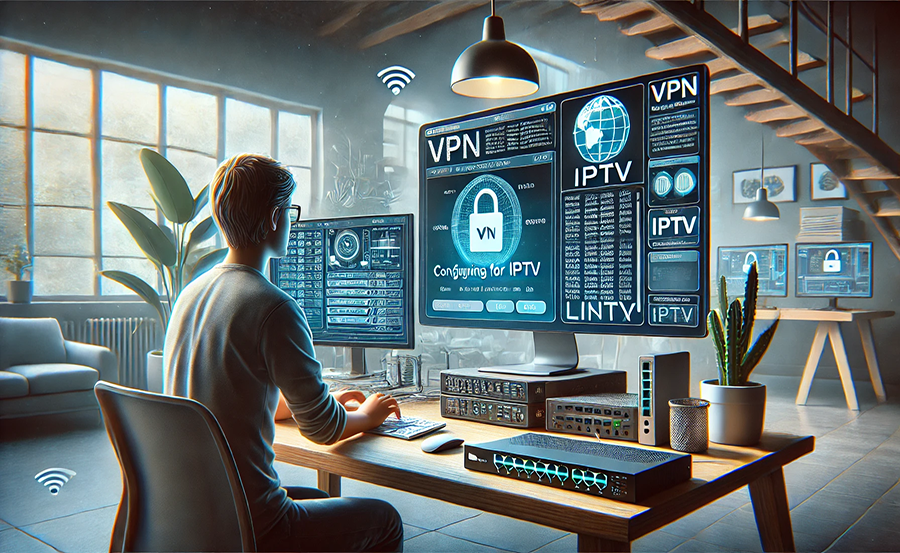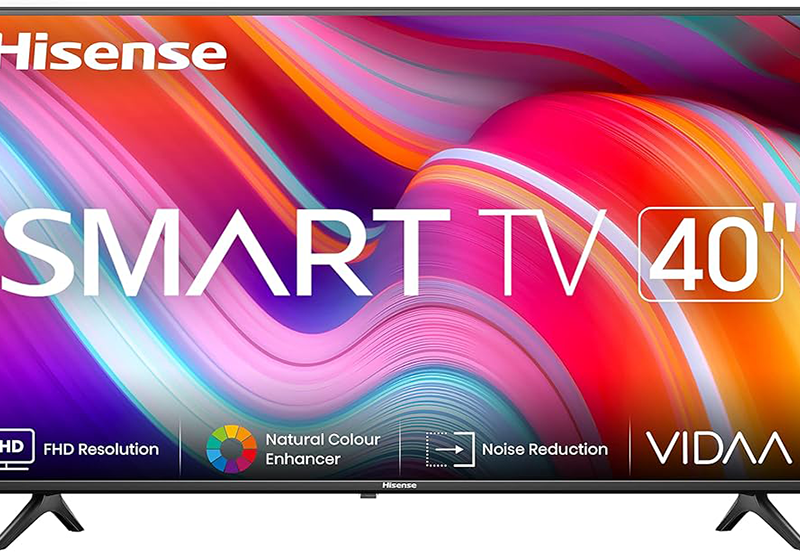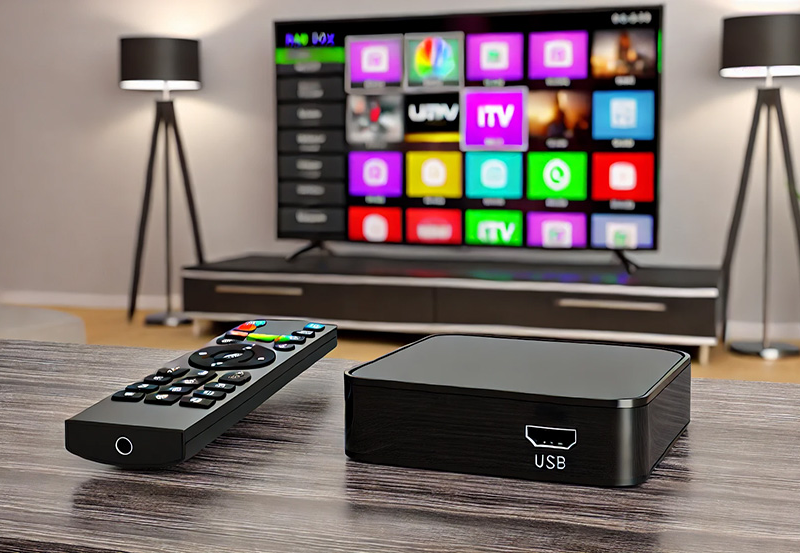In today’s digital age, streaming content has become a cornerstone of entertainment. The flexibility and variety offered by IPTV (Internet Protocol Television) is particularly appealing to Linux users who are often tech-savvy and looking for customizable options. If you’re delving into the domain of Linux IPTV, you’ll likely explore VPN services to enhance your experience. But which is better: free or paid VPN options? Let’s explore this in detail, considering the nuances each brings to your streaming setup.
Understanding VPNs and Their Role in IPTV Streaming
Before comparing free and paid VPNs, it’s essential to grasp what a VPN (Virtual Private Network) is and how it can enhance your IPTV experience, especially for sports streaming. In simple terms, a VPN secures your internet connection by encrypting your data and masking your IP address. This not only ensures a safer browsing environment but also helps bypass geo-restrictions and enhance your streaming capabilities.
The Necessity of VPN for IPTV Streaming
Using an IPTV service on Linux can offer incredible viewing opportunities, but it’s not without its challenges. Regional content restrictions and potential privacy concerns are two major issues that a VPN can help address. By encrypting your internet traffic, a VPN allows you to access content libraries that might otherwise be unavailable in your region.
Expert Tip:
Sports enthusiasts, rejoice! Get IPTV for sports lovers and watch live games anytime, anywhere.
How VPNs Enhance IPTV for Sports Streaming
Sports fans will particularly appreciate the power of a VPN. With varying broadcast rights across different regions, accessing the sports content you crave can sometimes be challenging. A VPN allows seamless access to sports streams, bypassing geographical restrictions and ensuring you’re never miss out on live events.
Free VPN Options: The Basics
Free VPNs can be incredibly tempting, especially when you’re running a Linux-based setup. They offer a chance to try VPN services without any financial commitment. But, as with most free services, there are limitations to keep in mind.
Benefits of Using Free VPNs
Here are some pros associated with free VPNs:
- Cost-free: Ideal for testing out VPN use without upfront costs.
- Ease of Use: Most free VPNs are designed with user-friendliness in mind.
Limitations and Concerns with Free VPNs
However, nothing comes without a downside:
- Data Caps: Many free VPNs will limit your bandwidth usage.
- Security Risks: Some may have questionable privacy practices.
- Limited Server Options: Restrictions on server locations can affect streaming quality.
Paid VPNs: An Overview
While free VPNs have their place, paid services offer more robust solutions, particularly for regular IPTV users. They provide a host of features tailored to optimize your streaming experience, especially when mastering your IPTV entertainment setup on Linux.
Advantages of Paid VPN Services
Investing in a paid VPN can provide benefits such as:
- High-Speed Streaming: No bandwidth throttling means smoother sports streaming.
- Enhanced Security: Advanced encryption protocols and no-logs policies ensure privacy.
- Global Server Access: A broad choice of server locations worldwide.
Drawbacks of Paid VPNs
Despite the advantages, paid VPNs have their downsides:
- Cost: Subscription fees, though they often come with value for money.
- Over-reliance: Consistent performance can lead users to become over-reliant on VPN technology.
VPN Installation on Linux: Getting Started
Once you’ve chosen between a free or paid VPN, the next step is installation on your Linux system. Although it sounds complex, installing a VPN on Linux can be straightforward with the right guide.
How to Install IPTV with VPN on Linux
The specific steps for setting up and connecting to a VPN can vary based on the VPN provider, but generally include:
- Download and Install: Obtain the VPN application’s package from the provider’s website.
- Configuration: Follow prompts for initial configurations and select the desired server location.
Troubleshooting Common Installation Issues
Should you encounter difficulties, consider these solutions:
- Consult Provider Resources: Many VPNs offer detailed Linux setup guides.
- Community Support: Linux forums could offer solutions tailored to your specific distribution.
Conclusion: Choosing the Right VPN for Your IPTV Needs
The decision between free and paid VPN services ultimately depends on individual needs and circumstances. While free options provide a good starting point, paid VPNs often deliver the superior control and security needed for a seamless experience. As Linux users often value flexibility and performance, investing in a paid VPN can enhance your IPTV viewing in ways that a free service may not match.
FAQs: VPN and Linux IPTV

What is the best VPN for Linux IPTV?
The best VPN depends on your specific needs, including server locations, speed requirements, and budget. However, renowned providers like NordVPN and ExpressVPN offer excellent options for Linux users.
Are there any free VPNs that work well with IPTV?
While some free VPNs might work for basic IPTV streaming, their data caps and limited server choices can hinder performance. Always prioritize security and privacy, even when using free services.
Can I access geo-blocked sports content using a VPN?
Yes, using a VPN can help bypass geo-restrictions placed by sports broadcasters, allowing you to watch your favorite sporting events from anywhere.
Is using a VPN legal for IPTV streaming on Linux?
Generally speaking, using a VPN is legal for ensuring privacy and security while streaming. However, it’s crucial to check the specific legal guidelines related to VPNs and IPTV streaming in your country.
How does VPN speed affect IPTV streaming?
VPN speed can significantly impact streaming quality. A high-speed VPN ensures uninterrupted streams, while slower services might lead to buffering or lag.
The Best Android Boxes of 2023: An Updated Buying Guide





